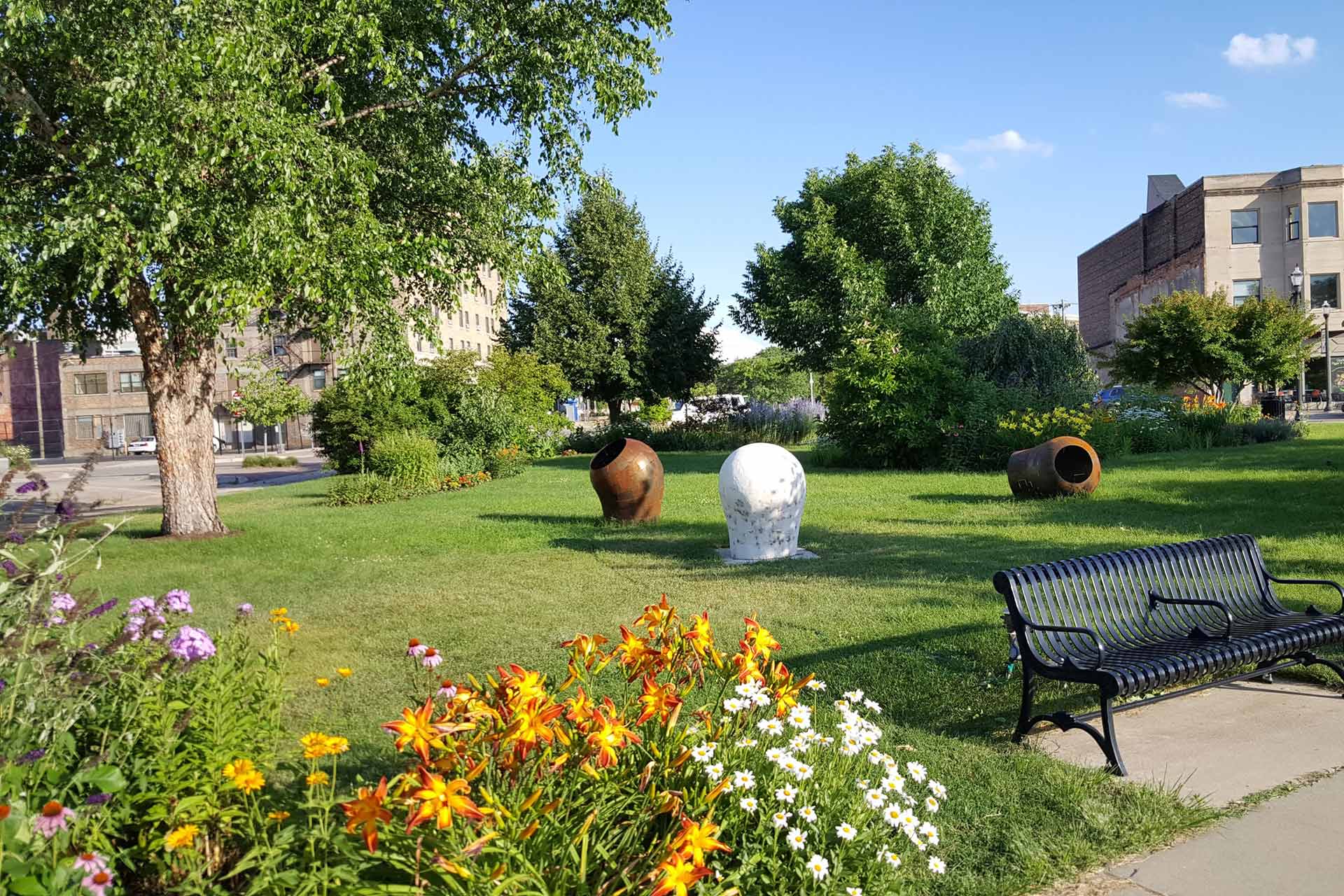It Starts with Cities
The Urban Collaboratory’s work starts in the city itself, and then connects to campus —not the other way around. Researchers work with local stakeholders to define and scope initiatives based on the pressing challenges facing urban centers. Smart city technologies are designed into scalable and robust urban solutions by Urban Collaboratory teams before being implemented at pilot-scale in cities.
Urban Collaboratory projects integrate information technologies and sensing in a comprehensive fashion to observe, manage, and control urban processes—all with the goal of improving residents’ health and overall quality of life. These initiatives create what are known as “smart and healthy cities.”
Beyond the Lab
“It’s very intentional for us to get faculty members out of their labs and out of their classrooms to work directly in the community. That’s where we can have the most impact. Rather than pushing research agendas on client cities, this model embraces collaboration as a means of better understanding the challenges and needs that the community identifies.”
Geoffrey Thün
Technology for
the Greater Good
When cities use technology to solve problems, they become “smart cities.”
Research Themes
While each city we serve is very unique, seven themes crop up again and again, no matter the location. Within these seven themes, our research aims to answer questions including: How do we pay for smart cities? How can cities enable social mobility? How can energy become clean and affordable? And much more.
These themes are the focus of our research, and all of our projects are designed to create solutions in at least one of these areas.










